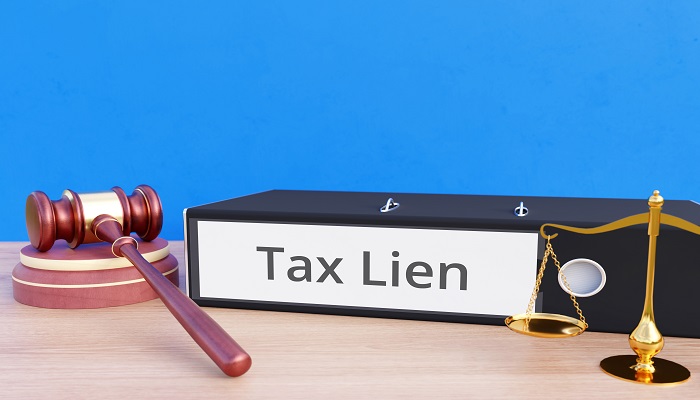
Table of Contents
The IRS uses a tax lien to claim against the taxpayer’s property or assets if they fail to pay their taxes on time for a certain period. IRS tax liens can adversely impact the taxpayer’s credit history and create hindrances while securing any other credit in the future. Before establishing a tax lien, the government will file a public document: Notice of Federal Tax Lien, to warn taxpayers about the government’s legal right to their property. After receiving the notice, creditors should either pay their back debts immediately or seek tax lien assistance for opting one of the legal procedures like the discharge of property, withdrawal, or subordination which can borrow some relief and time to pay back the debts. Continuing on the subject, in this post, we present a brief guide to understand how a tax lien expires and how you can seek IRS tax lien assistance. Read on.
Expiration of Tax Lien Without Payment of Tax Debt
If creditors do not pay their tax debt even after receiving a notice from the Internal Revenue Service, the government may charge a federal tax lien which, at the least, can last for 10 years and also can expand for more time under Section 6502 of the Internal Revenue Code (IRC) if
- There is an execution of an installment agreement for payment of the debt
- The creditors file an Offer in Compromise
- The IRS refiles a tax lien within the refiling period
Under Section 6503 of the IRC, the period of the collection can be suspended in events including:
- The taxpayer’s property is being seized by the court.
- The taxpayer is living outside of the United States for more than six months.
- The taxpayer’s property has suffered wrongful seizure or placement of the lien.
- The taxpayer files for bankruptcy.
Related Blog: Wondering How to Get Assistance Regarding a Tax Lien? Read This Now
Release, Withdrawal, Discharge, and Subordination of Tax Liens
Taxpayers can also get relief from IRS tax liens through many ways, including:
- Release – Taxpayers can pay their debts in a lump sum under an installment agreement or negotiate an Offer in Compromise. This way, they can satisfy their federal tax liability and get released from the IRS tax lien before its date of expiration.
- Withdrawal – Taxpayers can also convince the government for IRS lien withdrawal if the lien has been improperly filed. Also, the lien can be withdrawn if taxpayers have entered into a Direct Debit Installment Agreement.
- Discharge – In some cases, taxpayers can also discharge their assets from an IRS tax lien and sell them without any interference from the IRS. There are several Internal Revenue Code (IRC) provisions that determine if the taxpayers are eligible for discharge.
- Subordination – Taxpayers can have their tax liens subordinated to the interests of other creditors if the IRS allows other creditors of the taxpayer to “cut in line.” For instance, if a creditor refinances a property on behalf of the taxpayer, the IRS may agree to give priority to the lender’s secured interest to the tax lien which was attached to the property before the refinance.
It is important to note that all these options will be available to the creditors depending upon many factors like the taxpayer’s current financial circumstances and the amount of their tax debt. Discussing with a tax lien attorney is the best way to understand the various options available to you and chart a way forward.
Related Blog: Steps By the IRS to Mitigate Impact of Covid 19 on Taxpayers
Don’t Let IRS Tax Problems Keep You Up at Night
Speak with an experienced tax attorney and take the first step toward peace of mind.
Final Word
Tax liens, when not immediately addressed, may pose a serious threat to your financial wellbeing. Dealing with the IRS and getting the tax lien withdrawn can be made possible if you find the right solution that works for your particular case. Are you concerned that the IRS may be preparing to impose a lien on your property? Do you need an IRS tax lien assistance? We, at The Law Offices of Nick Nemeth in Dallas, are here to help. To speak with one of our highly experienced tax lien attorneys, contact the Law Offices of Nemeth & Flores by calling (972) 426-2553 for a free consultation.


